Supreme Court Mifepristone Case Forecasts Decisions Worse Than Dobbs
If we want to preserve what we have left we have to acknowledge the very real and present threat and demand champions who will fight back.
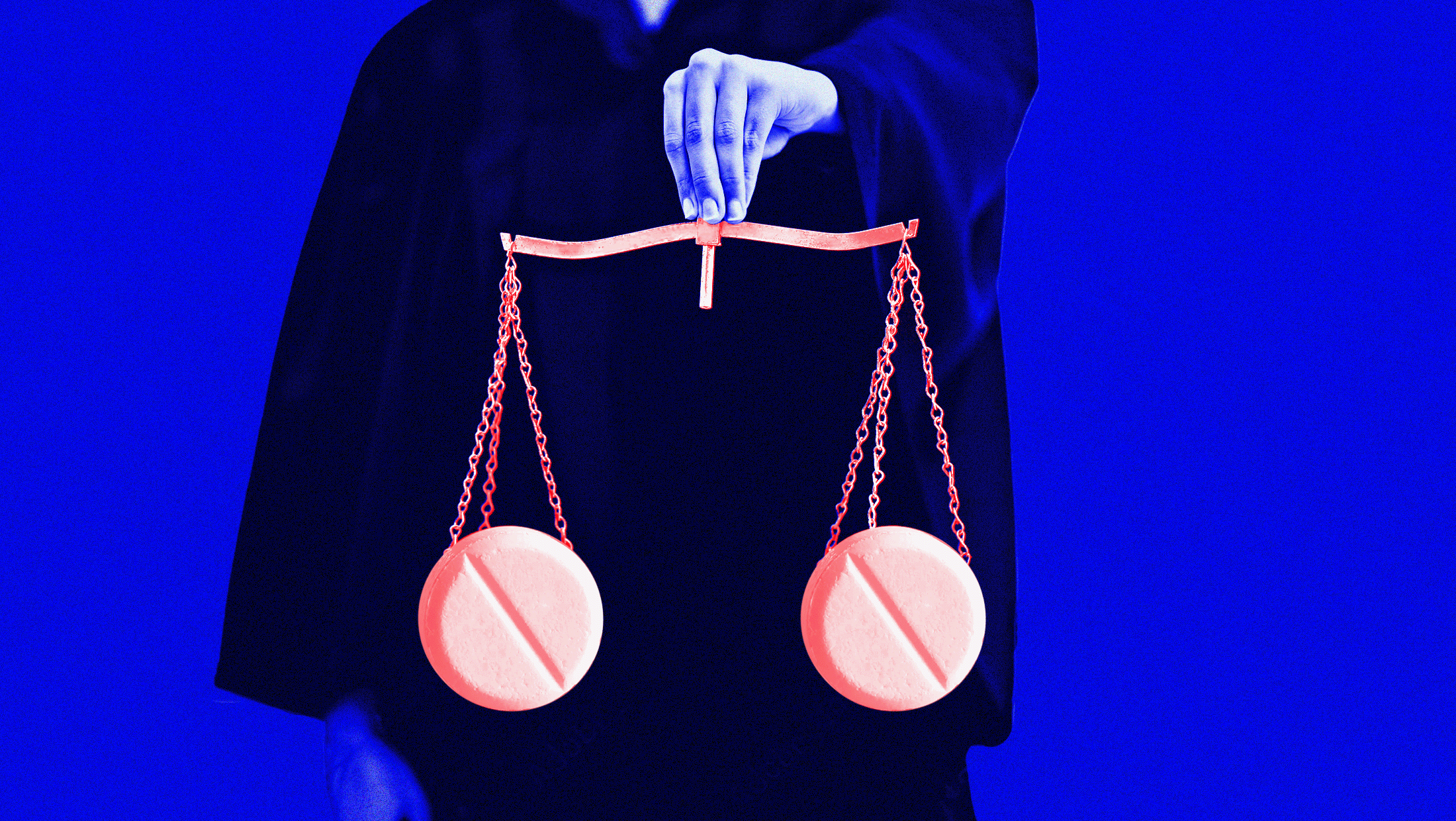
Anything relating to state and federal courts, court reform, SCOTUS, etc.
If we want to preserve what we have left we have to acknowledge the very real and present threat and demand champions who will fight back.

A troubling trend is emerging in the nation’s most conservative federal appeals court.
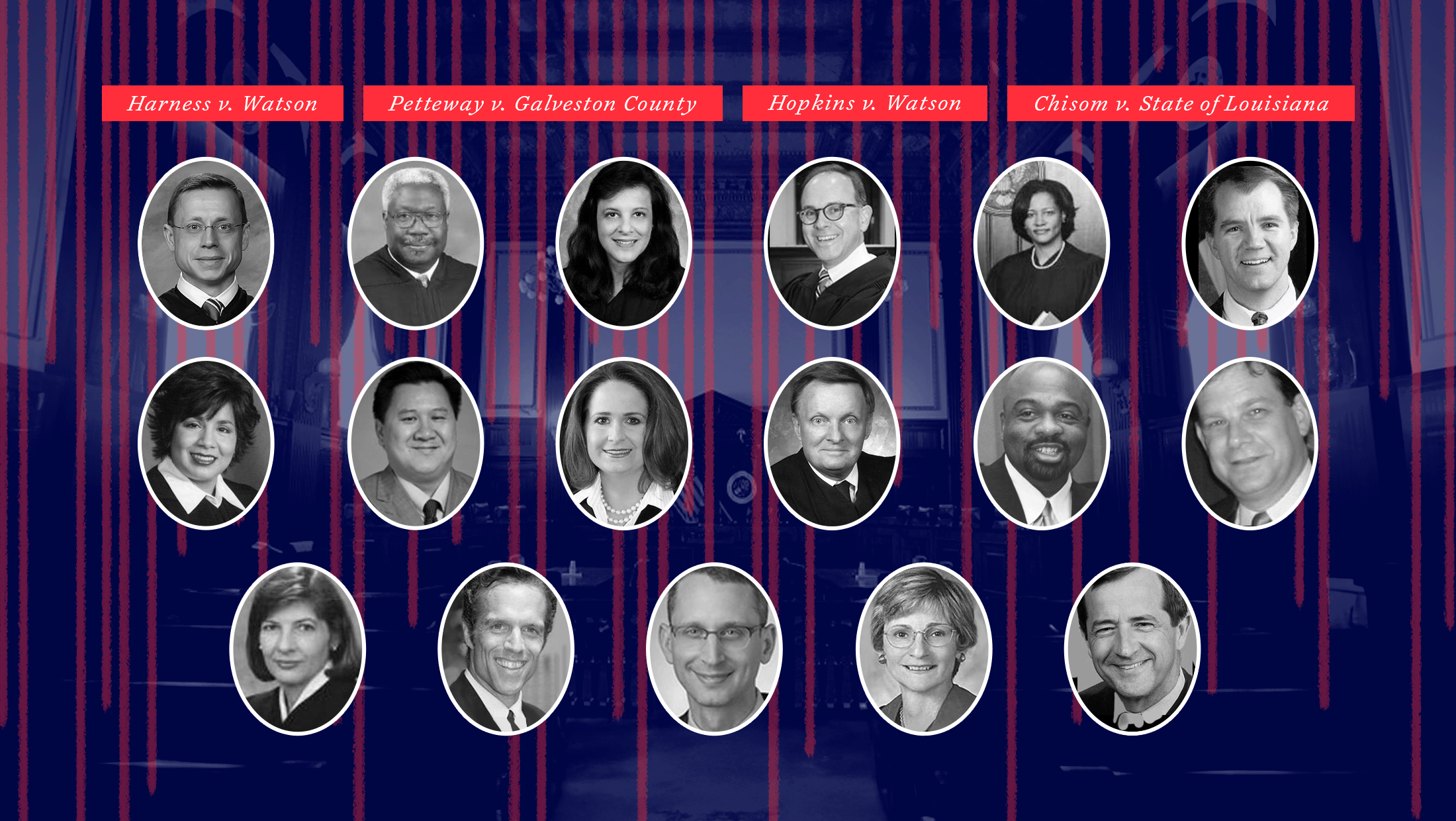
With the fate of democracy hanging in the balance, we are left wondering whether the courts are up to the task of holding Trump accountable at all.
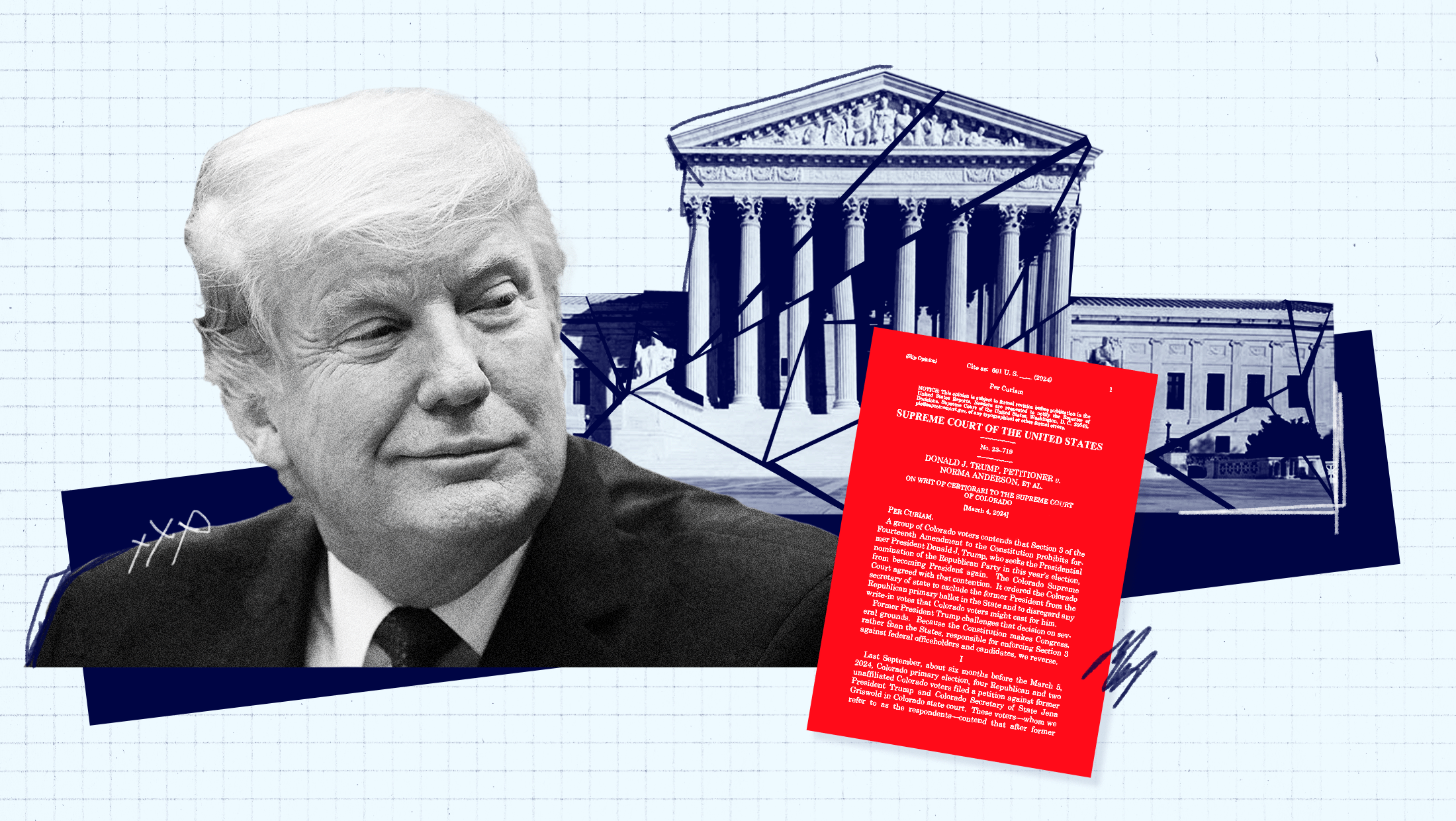
The power to appoint judges is yet another critical reason we must continue to invest in electing more Democratic governors.
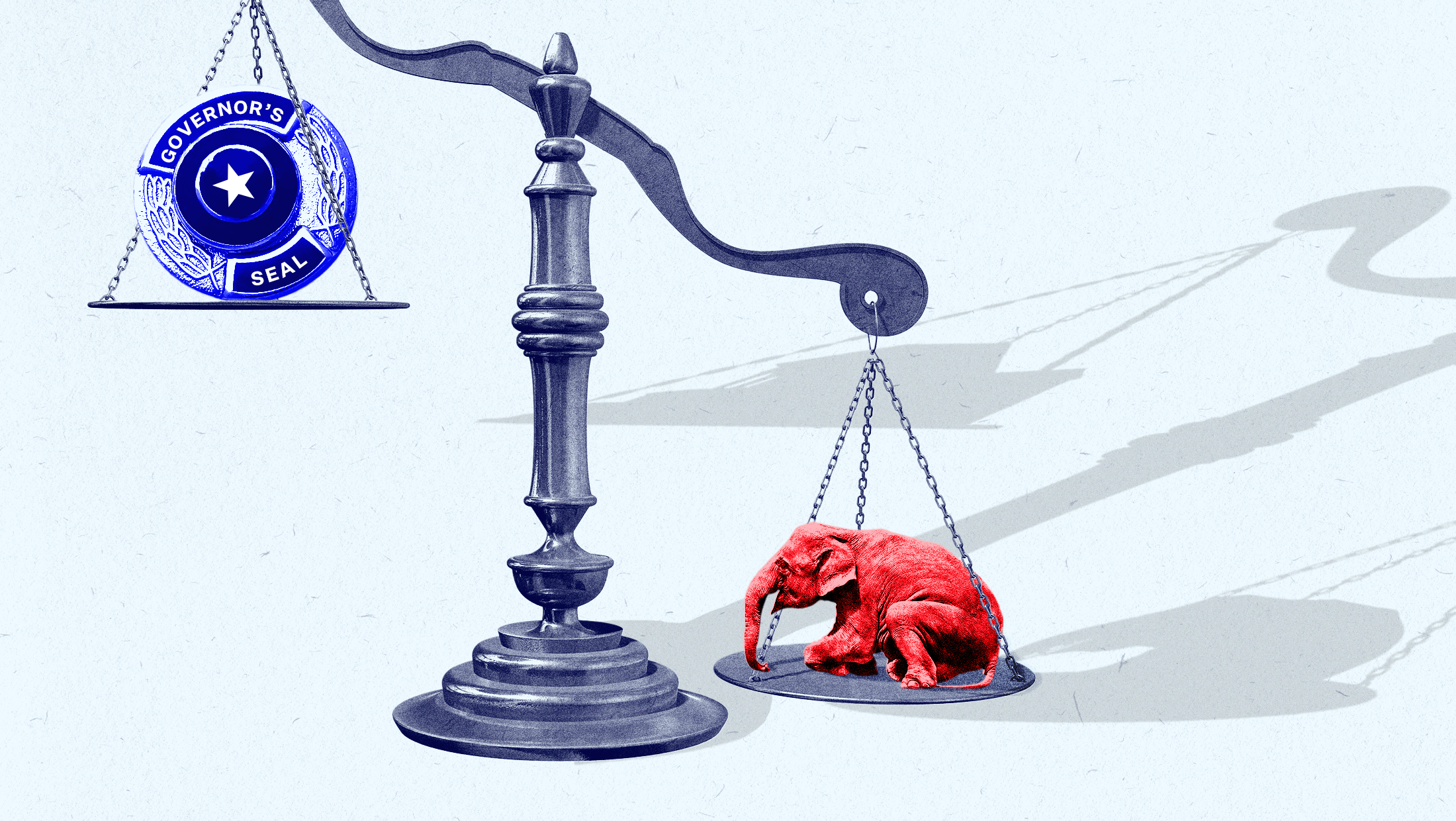
A circuit court judge in Cook County, Illinois ruled that former President Donald Trump should be removed from the state’s primary election ballot for his role in the insurrection in the U.S. Capitol on Jan. 6, 2021.
In an unsigned order issued today, the U.S. Supreme Court scheduled oral argument for April 2024 to resolve the question of whether former President Donald Trump is absolutely immune from criminal prosecution for his efforts to overturn the 2020 presidential election.
The central question looming over the 2024 presidential election is whether or not former President Donald Trump should, legally, be allowed on ballots across the country.
The Constitution has a provision to protect our democracy in exactly the situation in which we find ourselves right now. We need to use it.
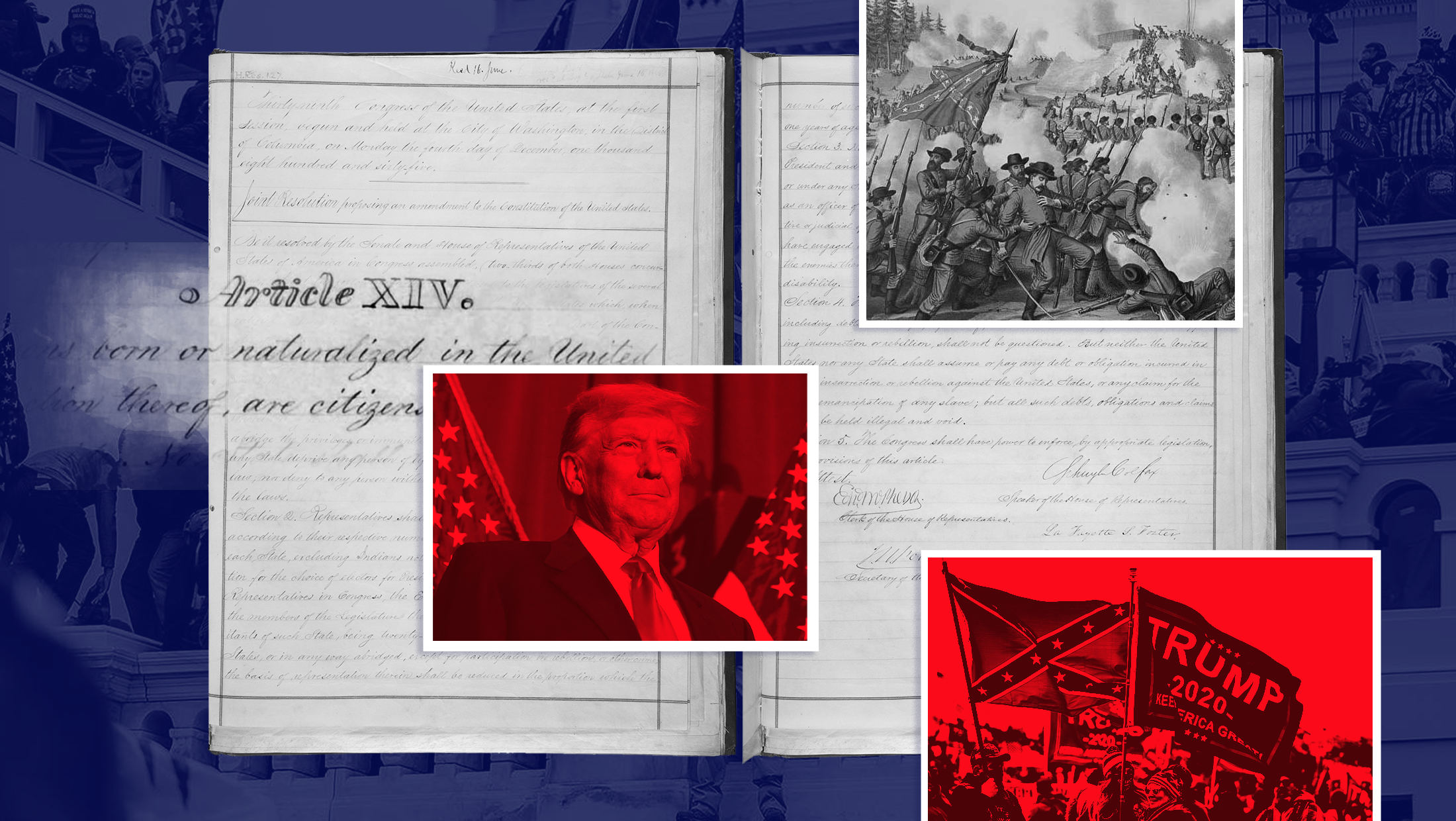
There really is no way for the Court to protect Trump and defend the U.S. Constitution — it must choose and bear the consequences.
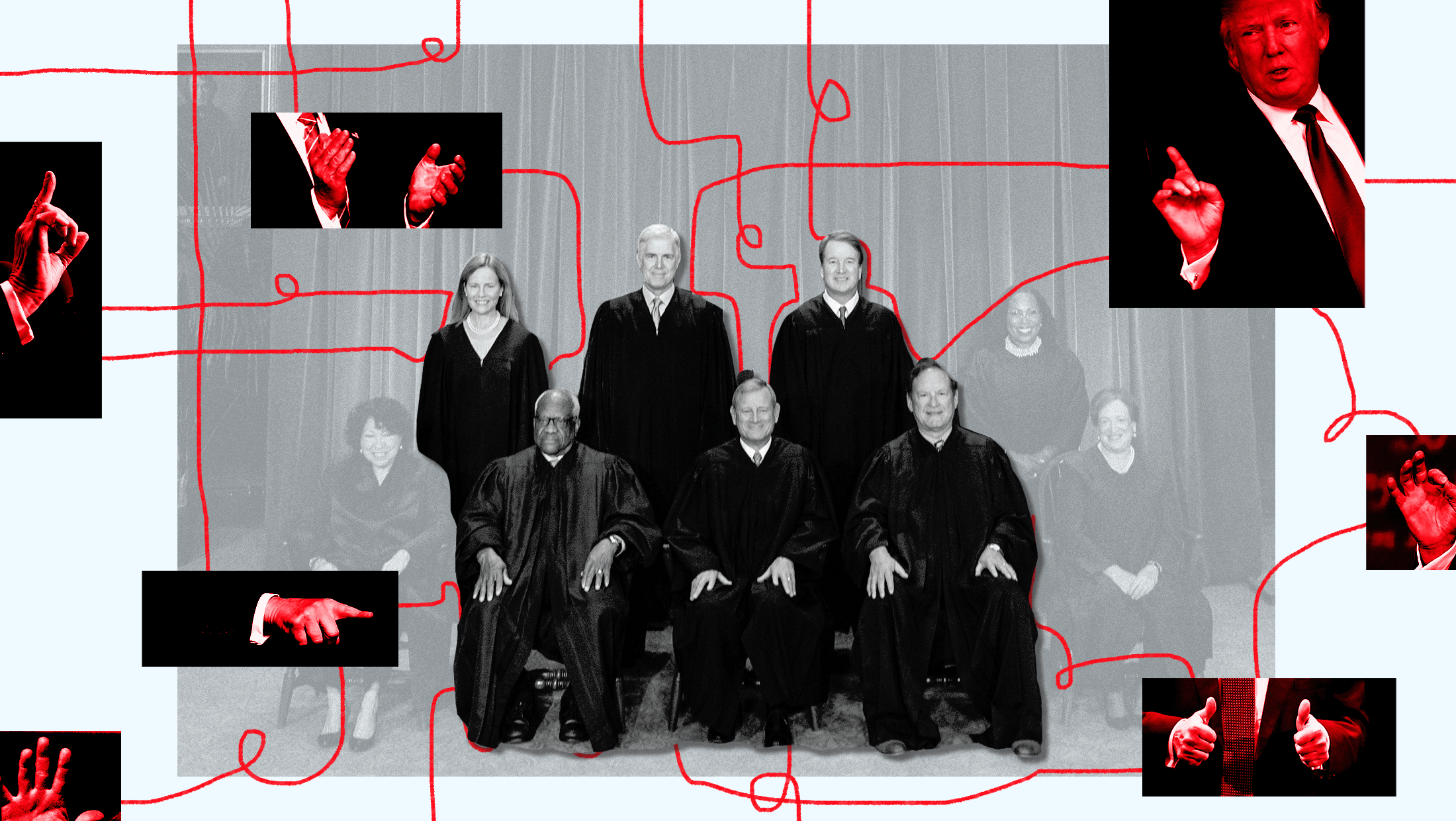
On Monday, the nation’s most conservative appellate circuit court voided a decision that protected fair state supreme court representation for Black voters in Louisiana. The entire court will now rehear the case.
Page 1 of 4